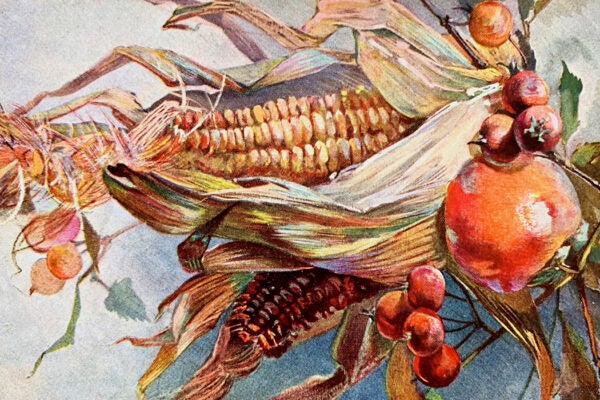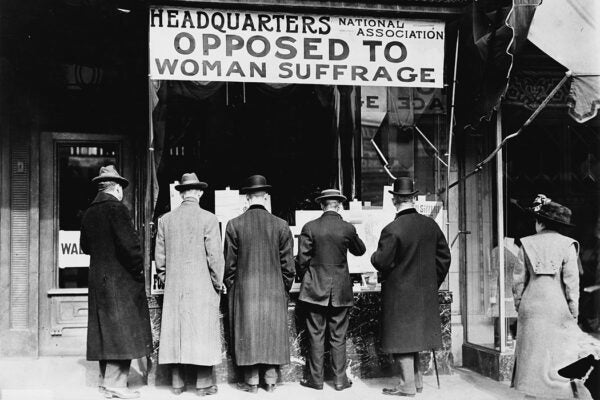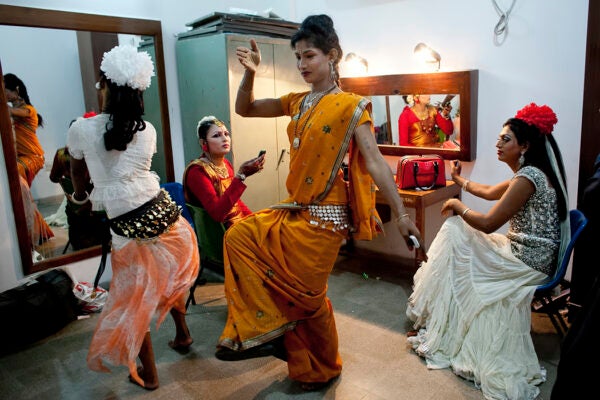Is “Swatting” Rooted in a Prank Craze from the 1800s?
Why did Georgian-era England go mad for dangerous hoaxes, and what can that mania tell us about today’s volatile, content-hungry world?
Bring on the Board Games
The increasing secularism of the nineteenth century helped make board games a commercial and ideological success in the United States.
“Simple, Wholesome Food” for a New American Nation
In the aftermath of the Revolutionary War, Americans faced understandable anxiety about what their society would look like—and what they should eat.
Out with a Whimper
Some species go extinct obviously and fast, but just as often, the process can be hard to detect until it’s too late.
The Federalist No. 1: Annotated
Alexander Hamilton’s anonymous essay challenged the voting citizens of New York to hold fast to the truth when deciding to ratify (or not) the US Constitution.
“Heed Their Rising Voices”: Annotated
In 1960, an ad placed in the New York Times to defend Dr. Martin Luther King, Jr. and other civil rights activists touched off a landmark libel suit.
Passing Narratives That Pre-Date Black Like Me
In 1905, Robert Gilbert Wells used a fictional character to explore the experience of being a Black man in America.
“Now We Can Begin”: Annotated
To mark the 1920 ratification of the Nineteenth Amendment to the US Constitution, activist Crystal Eastman described the path to full freedom for American women.
Women Against Women’s Suffrage
The fight for women’s suffrage is often depicted as pitting women against men. But some women made it their life’s mission to campaign against it.
Gender in the History Classroom
High school teachers sometimes struggle to teach about ways different societies have conceptualized gender. Here’s a look at a few practical approaches.









